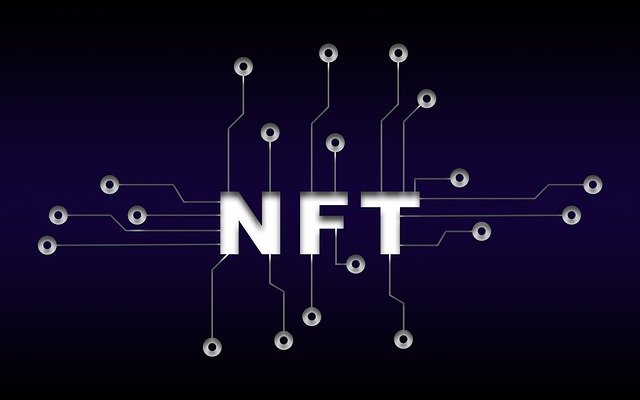Catalog is a non-fungible token (NFT) marketplace that has been designed exclusively for the entertainment sector. To recover music ownership for artists, they’re using cutting-edge technology to reimagine completely how music is priced, purchased, and distributed.
Non-profit organisations (NFTs) have taken the globe by storm in recent months, grabbing headlines and earning millions of dollars in revenue for artists worldwide. This new media offers artists a new option to sell their original works of art to fans, collectors, and even speculators.
When the music business has been financially ravaged by the epidemic, NFTs have already produced $60.2 million in the sector, with $55.7 million arriving in the last two months alone, according to the NFTs website. NFTs are being hailed as a possible paradigm shift by artists and fans alike due to these statistics.
While there are several NFT markets, Catalog is the only site dedicated solely to the creation, discovery, experience, and exchange of audio non-formal translations (NFTs).
What benefits does Catalog provide artists that other platforms do not now offer?
Almost all NFT markets accept various media types, but music requires its dedicated section. Artists get 100 percent of their sales revenue and the Catalog platform receives nothing.
Catalog records are platform-independent. For example, unlike other NFT markets, where the bidbook is a centralized platform component, the market for a Catalog entry is baked into the NFT. It is possible to bid on this EPROM record on Zora and experience it on other platforms that are interested in surfacing our NFTs.
If Catalog were to close its doors, these recordings would continue to exist perpetually and continue to accrue value much beyond our own lives.
As a result, the artist establishes an automatic royalty payment system that grows with the popularity of their work. The price is encoded into the NFT — even if Catalog shuts its doors, the creator share may still be fulfilled, allowing artists to collect the value associated with their work for the foreseeable future.
Also read: A Beginner’s Guide for Becoming a Music Producer
Artists may be paid forever on Catalog sales.
When pressing a record, artists choose a proportion of the proceeds that they will earn from each resale of that record. When an artist makes their first sale, they retain 100 per cent of the proceeds, and they are paid out anytime a bid is approved on any platform.
What is the business model that Catalog intends to use to earn money?
Short term, Catalog may be able to charge a modest promotional fee for curating coordinated drops. The long-term potential for monetization is extensive, with Catalog keeping 1 per cent ownership of all recordings, among other options available. With the advancement of the community-owned network, any way of earning cash will benefit the whole community.
It is possible to suggest new ideas and vote them on by the community. In return for the efforts in bootstrapping the network, the founding team, will retain a modest portion of the network’s stock.
